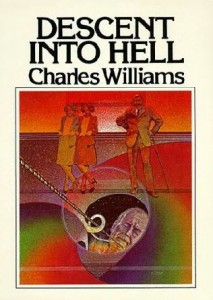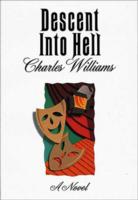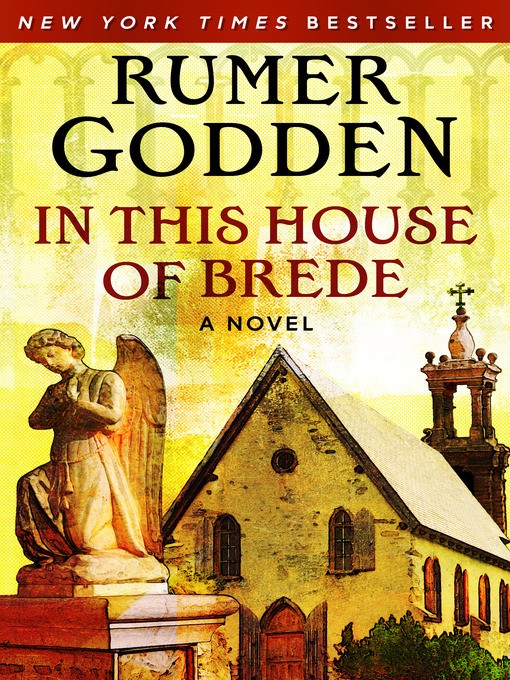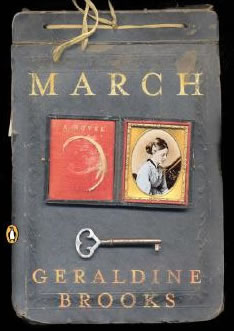Descent into Hell
The whole rise of ground therefore lay like a cape, a rounded headland of earth, thrust into an ocean of death. Men, the lords of that small earth, dominated it. The folklore of skies and seasons belonged to it. But if the past still lives in its own present beside our present, then the momentary later inhabitants were surrounded by a greater universe. From other periods of its time other creatures could crawl out of death, and invisibly contemplate the houses and people of the rise. The amphibia of the past dwelt about, and sometimes crawled out on, the slope of this world, awaiting the hour when they should either retire to their own mists or more fully invade the place of the living.
This paragraph establishing the setting of Charles Williams’ baffling, intriguing novel Descent into Hell suggests the view of reality depicted more accessibly in The Place of the Lion — a world where spiritual and physical, temporal and eternal, holy and infernal, coexist and are as close as the most (seemingly) insignificant choice. Laying such a vision out comprehensibly in a novel is a tall order for the most skilled of literary craftsmen. Add to that Williams’ apparent brilliance (or eccentricity?) — both imaginatively and intellectually — and you have a recipe for my reading experience with this book: occasional piercing insights, long passages of confusion, and in general a haunting in which scenes from these pages intrude on my experience of real life, spotlighting the importance of decisions or thoughts that a week ago I may not even have noticed.
The opening situation of this tale concerns the production of a play written by a local poet. This is an effective enough vehicle for conveying a larger human drama in which a diverse cast of characters navigate their spiritual journey. Some of them are living. Some are long dead. I’ll mention only two here, the heroine, Pauline Anstruther, who is saved; and the unfortunate Lawrence Wentworth, a noted historian who chooses his own damnation.
Pauline lives in fear of meeting her doppelganger. Through the insights of guru and poet Peter Stanhope, she eventually overcomes her fear through a deep acceptance of substitution: Peter takes on her fear, and the way is opened not just for her to enter more fully into love and joy, but to “bear others’ burdens” as well — even across centuries.
Lawrence Wentworth, on the other hand, chooses self. His is a voyage ever inward, even to the extent that when thwarted in romance, he creates his own phantom image, a lover projected entirely out of his own perceived needs and desires, and withdraws from real society into involvement with his “creature.” All of us have probably experienced the moment when we recognize the contrast between our idealized image of someone, and their real independent existence. Instead of being freed by this into the possibility of real love, Lawrence chooses the illusion.
One of Williams’ tools for depicting Wentworth’s descent is a recurrent dream in which he climbs ever downward on a long rope. Little does he know that his bedroom is also the scene of a suicide by hanging, the victim of which still, in another dimension, walks out his own journey. It makes for some chilling moments. In one scene the two men, living and dead, can both be seen looking out the window of the bedroom.
 Like Lawrence’s bedroom, other enclosures and prospects on “Battle Hill” (a battle is waged here on many levels, not just the historic one after which the hill is named) function as externalized pictures of mind. There are all kinds of allusions, biblical and literary and historical, that Williams brings into play. Fire — for holiness, or for damnation — and light are frequently used symbolically. The figure of Lilith, as well as Adam and Eve, make appearances. Frequent use of wordplay adds to the impression of many levels of meaning all working themselves out at once.
Like Lawrence’s bedroom, other enclosures and prospects on “Battle Hill” (a battle is waged here on many levels, not just the historic one after which the hill is named) function as externalized pictures of mind. There are all kinds of allusions, biblical and literary and historical, that Williams brings into play. Fire — for holiness, or for damnation — and light are frequently used symbolically. The figure of Lilith, as well as Adam and Eve, make appearances. Frequent use of wordplay adds to the impression of many levels of meaning all working themselves out at once.
I am not overfond of books that make me feel dumb. (Usually.) This one made me feel dumb indeed. It reads like a mixture of Dante, The Sixth Sense, Revelation, a sci-fi novel about time travel, and a book of ancient myths all lumped together.
Yet I wouldn’t say I thoroughly disliked it. As I mentioned above, though I don’t entirely trust the vision laid out here (ostensibly Christian, but with a more noncommittal, fantastical and even occultish flavor than I am comfortable with), I felt the impact of some beams of truth. It helped me to conceive of some of my own inner life in very different terms.
At bottom, I’m a romantic — not of the Danielle Steele variety, but of the Wordsworth-Coleridge variety — who believes that the eternal is closer than we think in our waking, linear, rational minds. Immanuel Kant spoke of a “noumenal” reality, independent of perception or sense experience, and Coleridge thought that art or symbol could capture glimpses of it. Williams is one of those writers who develops a kindred vision with a vividness that leaves me reeling at times, in mythic terms that lodge in the memory even when I’m utterly confounded and baffled intellectually. I doubt that I’ll return to this book, but such few nuggets as I harvested in this reading I’ll probably remember — whether I want to or not.



